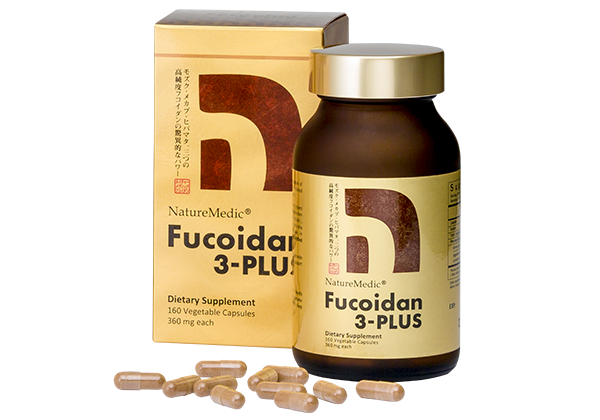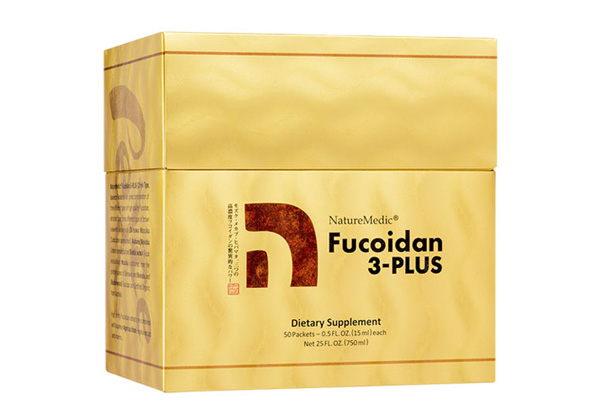The Importance of the Thyroid
The thyroid gland, located at the front of the neck in a butterfly shape, weighs only about 15-25 grams. Despite its small size, it plays a crucial role in regulating metabolism, energy utilization, heart function, muscle activity, and brain development.
Functions and Role of the Thyroid
The thyroid regulates metabolism by secreting thyroid hormones (T3 and T4), which influence body temperature, weight, heart rate, and digestion. During childhood, a healthy thyroid is essential for brain and bone development. Iodine is a critical component in the production of thyroid hormones, making adequate iodine intake vital for thyroid function.
Common Thyroid Disorders
1.Hyperthyroidism (Overactive Thyroid)
Excess thyroid hormone production accelerates metabolism, leading to symptoms such as palpitations, weight loss, anxiety, insomnia, and excessive sweating. A common cause is Graves’ disease, an autoimmune condition.
2.Hypothyroidism (Underactive Thyroid)
Insufficient thyroid hormone slows metabolism, causing fatigue, weight gain, dry skin, depression, and memory issues. Possible causes include iodine deficiency, Hashimoto’s thyroiditis, and post-thyroid surgery effects.
3.Thyroid Nodules and Abnormal Growths
Thyroid nodules are abnormal lumps in the thyroid, most of which are benign, but some may require medical evaluation to rule out potential concerns. Regular check-ups can help with early detection and proper management.
Strategies for Maintaining Thyroid Health
1.Balanced Diet with Adequate Iodine Intake
Iodine is essential for thyroid health and can be obtained from seaweed, iodized salt, and nori. Additionally, selenium and zinc support thyroid function and are found in nuts, fish, and dairy products.
2.Stress Management
Chronic stress can disrupt thyroid hormone balance. Practices like yoga, meditation, and exercise can help reduce stress and support thyroid health.
3.Regular Thyroid Check-Ups
If you have a family history of thyroid issues or symptoms of imbalance, it is recommended to monitor T3, T4, and TSH (Thyroid-Stimulating Hormone) levels through regular blood tests.
4.Minimizing Exposure to Environmental Toxins
Certain chemicals, such as bisphenol A (BPA) and pesticides, can interfere with thyroid function. Choosing natural household products and reducing exposure to these substances is advisable.
5.Moderate Exercise
Regular exercise helps support metabolism and thyroid function. However, excessive exercise may increase stress hormones, which can negatively impact the thyroid.
Fucoidan and Thyroid Health
Many people wonder whether fucoidan is suitable for those with thyroid conditions. Since fucoidan is derived from seaweed, it contains trace amounts of iodine. Our Naturz Fucoidan 3-PLUS products have iodine levels that fall within a low to moderate range:
- Capsule form (per capsules): 6.5 mcg of iodine
- Concentrated liquid (per sachet): 66 mcg of iodine
However, people with hyperthyroidism should carefully monitor their iodine intake. It is always best to consult a doctor before taking supplements to ensure appropriate iodine levels.
 (852) 5729 0686
(852) 5729 0686 









